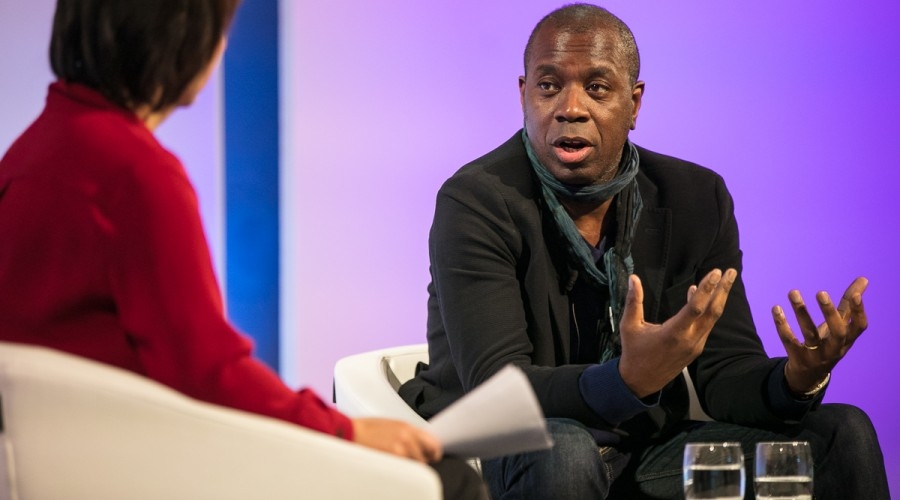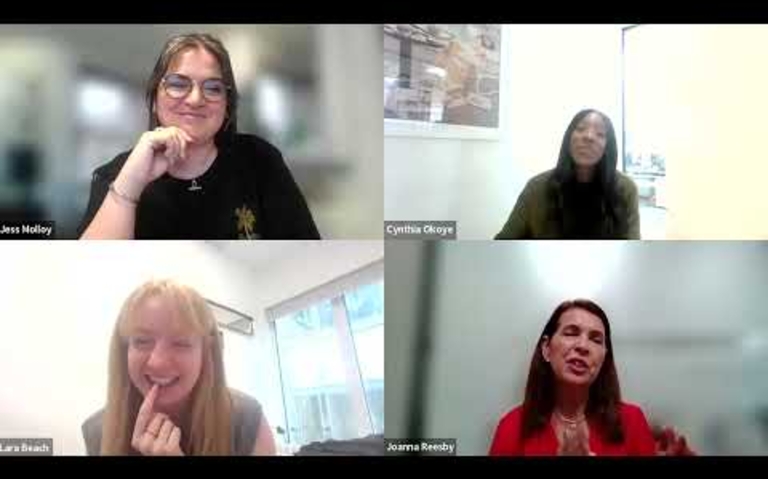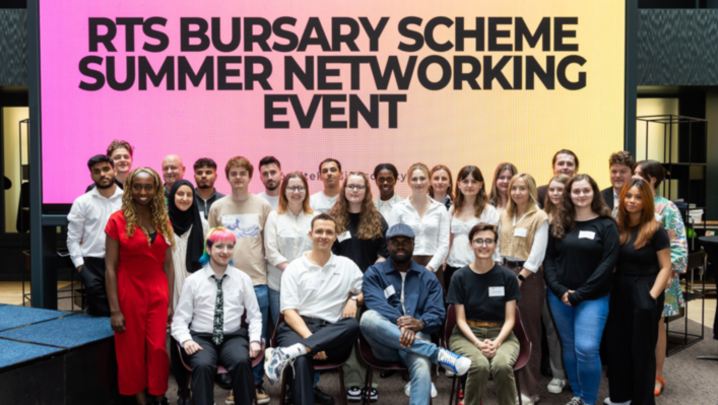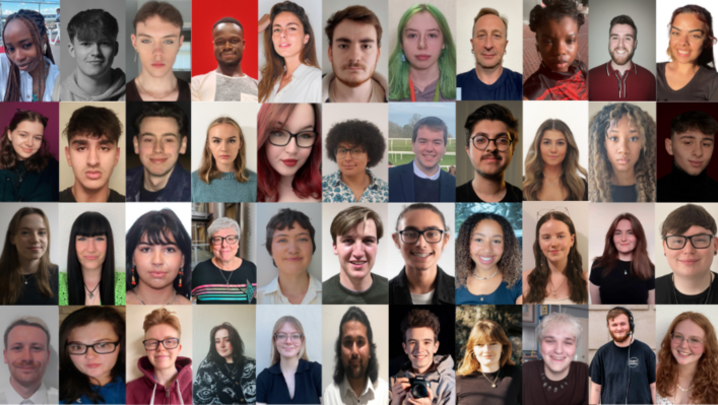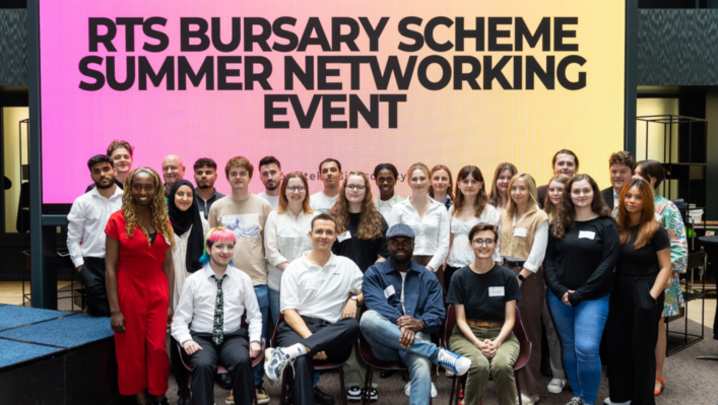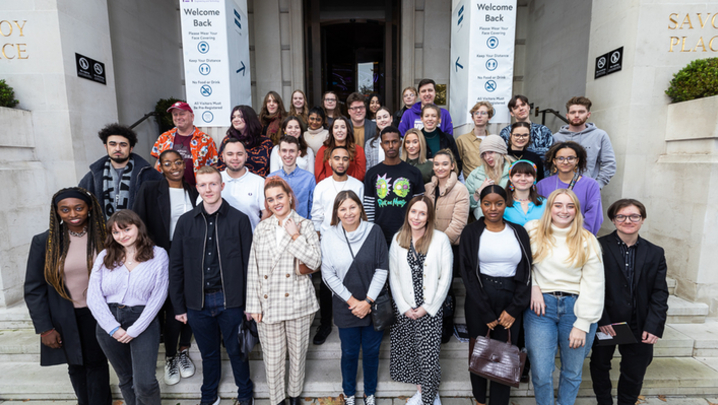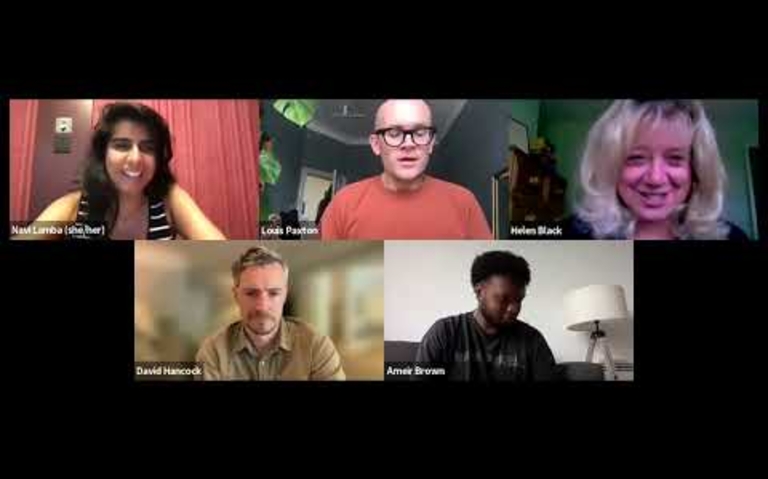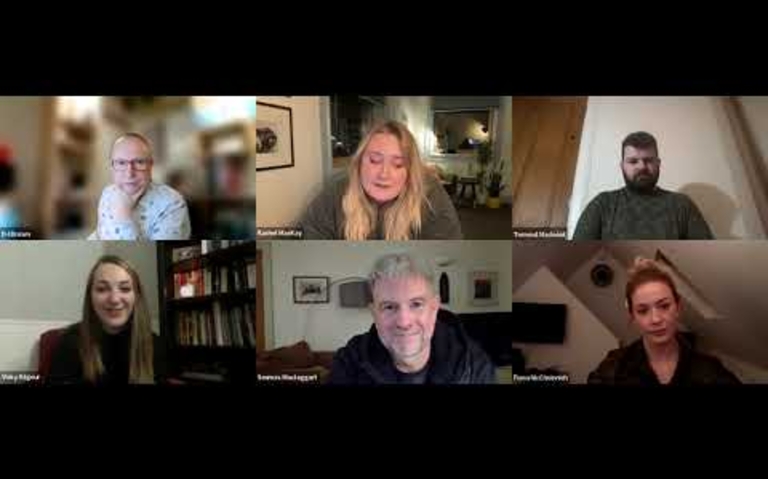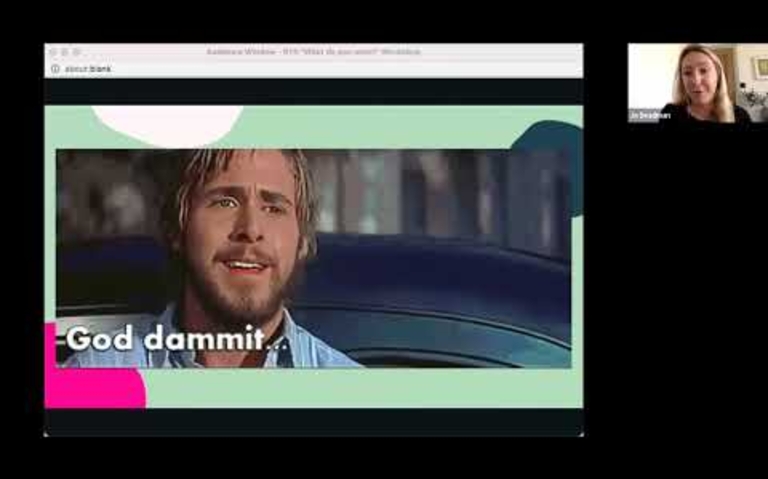The importance of role models
“I’m a Northerner (Myrie was brought up in Bolton) and didn’t come from a media family. I was a second generation immigrant. (My parents) didn’t want me to become a journalist.
"They wanted me to be a lawyer or a dentist, a respectable middle-class job for their first-born child born in the United Kingdom.
"Around the age of nine I had a paper round, I read the products that I was lobbing over the garden fences and as a result of that got interested in the world.
“Watching TV as a kid I saw various people who intrigued me. They seemed to be in one place one week and somewhere else the week after…
“There was a guy on ITV who looked like me and sounded a bit like me. He travelled around a lot. I thought maybe I could do what he does. If he can do it, so can I. He was Trevor McDonald. He inspired me to want to be a journalist.”
“Let your emotion inform the story. The great reporters are able to translate a story for the viewer through their own experience"
Why it makes sense to work outside London when you’re starting out
“I implore all of you to think about this in terms of your career. I wanted to work in local radio and in local TV and get my mistakes done there. Hopefully, when I got to London, any mistakes I made would be a lot less frequent…
“Try to map out where you want to be in five years’ time, five years after that and five years after that. You’re not going to present the Ten O’clock News when you start your career. If that’s want you want to do, work out a plan of how to get there.”
A war correspondent needs to strike the right tone on screen
“If you’re feeling something, bring it out. Don’t let it overwhelm or dominate the story, but I don’t like to see news reporters or presenters who are robots.
“You’re a human being as well as a reporter. If you’re reporting from a war zone and you see a dead baby in front of you, I’d be surprised if you’re not showing some emotion in that situation.
“Let your emotion inform the story. The great reporters are able to translate a story for the viewer through their own experience.”
The importance of empathy
“You’ve got to somehow strip away your own privileged existence in order to get into the minds of the people being filmed.
“A willingness to see the conflict through their eyes is important. You try not to be well-fed Westerner going in there and looking at things through a glass window. Somehow you’ve got to get through that glass and try to relate that experience back to the viewer at home.”
How to get started in TV journalism: "Tenacity and a willingness to work really, really hard…Nowadays in an online world it’s important to have a record of what you’ve done like a blog.
“Try to learn the craft of storytelling with pictures and sound before you try to get those bigger jobs because it’s so competitive.”
Can journalism make the world a better place
“The job is primarily about storytelling and informing the world about what’s going on.
“It may effect change and cause the UN or an aid agency to get involved. It may cause one person on the street to put an extra pound in the tin for the charity that’s working in the country you're reporting from.
“It’s having the opportunity to get that story out and that it might help that keeps you going.
“It is also exciting to go to these troubled places where most people can’t gain access to. You hope that it might influence someone somewhere.”
By Steve Clarke.

